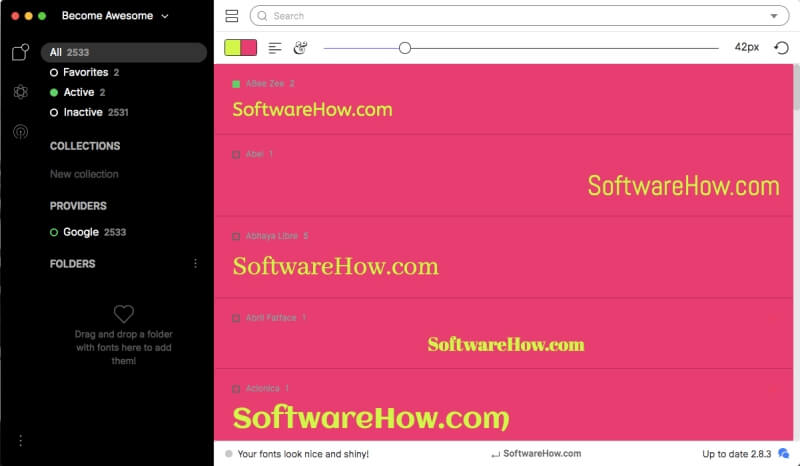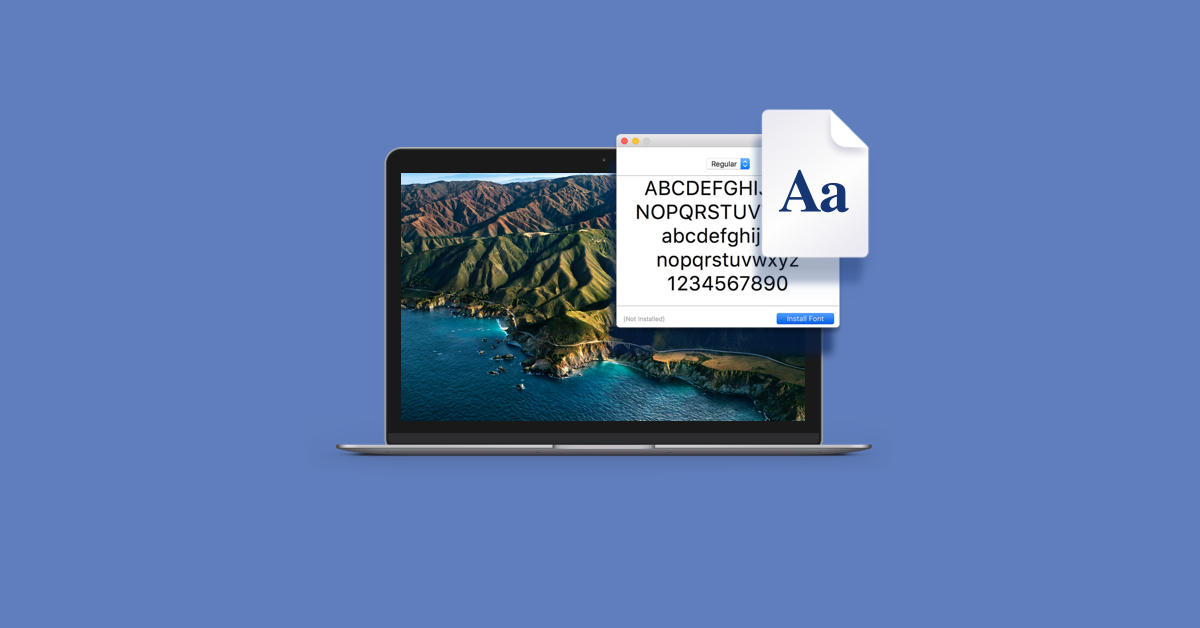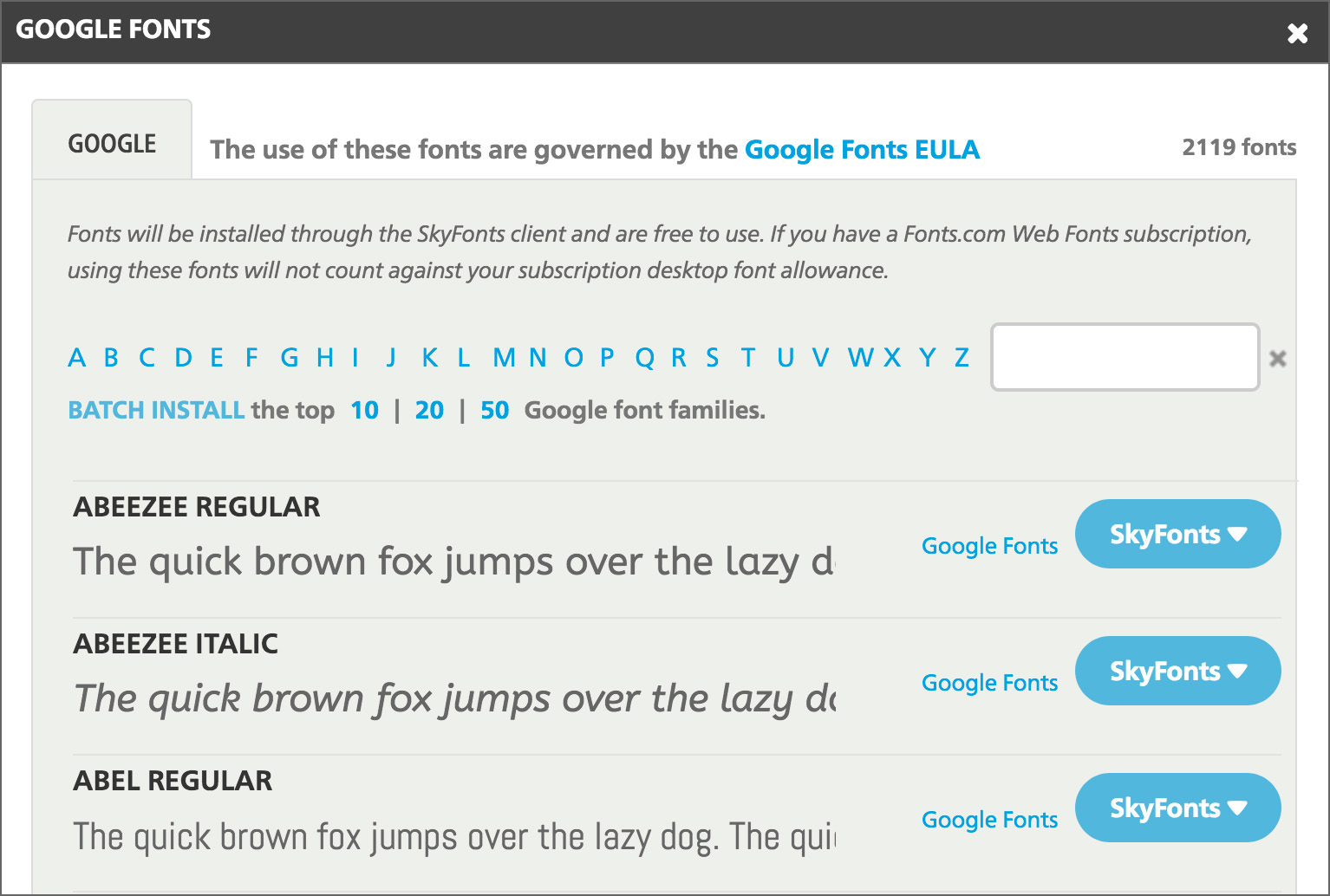

- #BEST FONT MANAGER FOR MAC OS X FOR MAC OS X#
- #BEST FONT MANAGER FOR MAC OS X MOVIE#
- #BEST FONT MANAGER FOR MAC OS X INSTALL#
- #BEST FONT MANAGER FOR MAC OS X MANUAL#
- #BEST FONT MANAGER FOR MAC OS X PRO#
WHAT IS THE BEST FONT MANAGER FOR MAC SOFTWARE One unique feature of Jubler is that it can let you mark subtitles with different colors. With Jubler you can edit subtitles individually, split or join them, use time shift for correct syncing etc. WHAT IS THE BEST FONT MANAGER FOR MAC SOFTWARE.
#BEST FONT MANAGER FOR MAC OS X MANUAL#
WHAT IS THE BEST FONT MANAGER FOR MAC MANUAL.
#BEST FONT MANAGER FOR MAC OS X MOVIE#
#BEST FONT MANAGER FOR MAC OS X FOR MAC OS X#
WHAT IS THE BEST FONT MANAGER FOR MAC FOR MAC OS X.Selecting a region changes the language and/or content on. The fonts are now installed and will appear in the font menus of your applications.otf fonts are single-file fonts and do not include font suitcases. Often a family of outline fonts will be associated with a single font suitcase. For PostScript Type 1 fonts, this includes both the outline font files (red An icons) and the font suitcases.
#BEST FONT MANAGER FOR MAC OS X INSTALL#
Install your fonts in the System Folder:Fonts folder by moving or copying all the font files from their individual font folders into the System Folder:Fonts folder.Each font package or collection will be in its own folder. Locate the fonts you want to install on your hard-drive or go to the location you downloaded the fonts to.

If you are using ATM Light without a font management utility. use the following instructions to install the fonts: The Mac OS can only read font files that are loose in the system font location it can’t read files inside another folder. Note: Do not move an entire folder containing fonts into the System location. If the fonts only need to be accessible to Carbon/native applications, install into the OS X native environment instead. If you want your fonts to be accessible to both Classic and Carbon/native applications, install your fonts into the Classic environment. If you are running Mac OS X, decide if you want to install fonts into both the Classic environment and the OS X native environment. otf fonts on Mac OS 8.6 to 9.2 or Mac OS X “Classic” requires ATM Light 4.6 or later (4.6.2 for Mac OS X Classic).
#BEST FONT MANAGER FOR MAC OS X PRO#
To install your fonts using a font management utility (e.g., Extensis Suitcase, Font Reserve, FontAgent Pro or MasterJuggler), refer to that utility’s documentation for instructions on adding and activating the fonts. Fonts installed in the OS X native environment can be accessed by (a) any user or (b) just by an individual user. However, fonts installed in OS X system locations are not available to “Classic” applications (see section below). Mac OS X has native support for Type 1 and OpenType fonts, which can be installed just like other font type on OS X. The fonts are now installed and will appear in the font menus of your applications.


Note that Windows 2000 and XP do not require ATM – see separate section above. PostScript Type 1 fonts require ATM version 4.0 or higher. otf fonts require ATM version 4.1 or higher. otf fonts in Windows 98, Windows ME or Windows NT 4, you must first install Adobe Type Manager® Light (ATM® Light), which is a free download from Adobe and then install the fonts through ATM. In order to use PostScript Type 1 or OpenType.


 0 kommentar(er)
0 kommentar(er)
